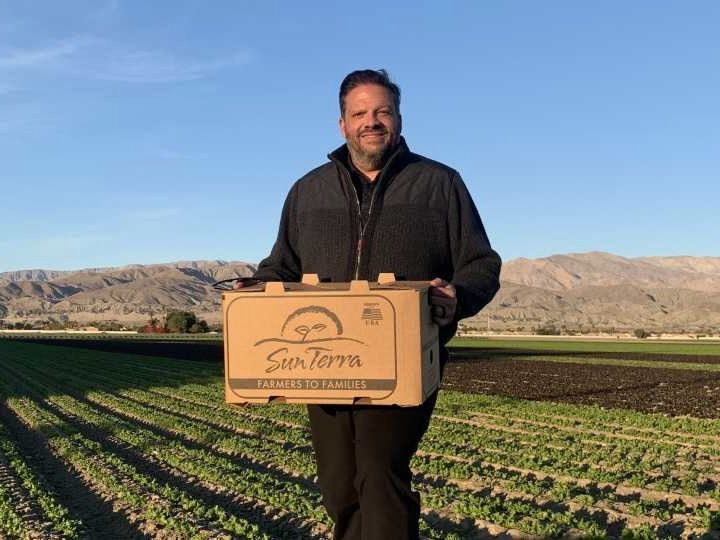Agreement Reached for the Export of Peruvian Blueberries to the Bolivian Market
Feb 25, 2025
September 9, 2024
Climate projects attract fruit, vegetable growers
The Biden administration's effort to help farmers make money from cutting their greenhouse gas emissions is drawing interest from fruit and vegetable growers.
So far, the International Fresh Produce Association is meeting its enrollment targets as a lead sponsor for one of USDA’s Partnerships for Climate-Smart Commodities projects, with 60 fully enrolled participants and 40 more in the process of filling out paperwork, the group says.
IFPA won nearly $15 million in federal funds to partner with Driscoll’s, Campbell Soup and others to help 100 growers implement climate-smart practices. IFPA also will work with several companies to develop a data collection system that producers can use.
“We're entering a world where data is the king or the queen, and there are so many uses for it,” IFPA Chief Science Officer Max Teplitski said.
Tablas Creek Vineyard, a participating grower in IFPA’s project, was the first winery to receive regenerative organic certification through the Regenerative Organic Alliance. Tablas Creek Regenerative Specialist Erin Mason sees the grant as an opportunity to improve the vineyard’s tillage management and cover cropping systems.
“We are really looking at what the next phase of that is going to be, and how to continue to evolve these programs,” Mason said.
Mason was introduced to the climate-smart commodities grant through Kyle Cosgrove, Measure to Improve (MTI) director of agronomy, who is leading grower recruitment for IFPA.
“They're being super innovative, and using this opportunity to push the boundaries of what they're thinking and what they want to do,” Cosgrove said.
Cardoza and Mason said they hope to see data from the projects compiled and made available to the public. Cardoza said this could allow future growers to avoid testing strategies that may not work on their operations if they see them reflected in one of the grant-funded trials.
Having spent the majority of his farming career in southern California’s dry conditions, Kawamura actively engages in climate-smart practices such as using reclaimed water and applying compost as a soil amendment.
“We've been forced to have to be in compliance with a lot of different rules and regs, or be forced to look for new solutions that address some of our situation farming in a very dry Mediterranean climate – that is, great weather, but no water,” Kawamura said.
Other News
View AllThe 2024/2025 blueberry season was a record, but the next one could be even better
Feb 25, 2025Dominus: Peru's Leading Frozen Grape Exporter
Feb 25, 2025Peru's Ginger Campaign Faces Ongoing Challenges
Feb 25, 2025Report: Global Agricultural Industry Value to Reach US$227 Billion by 2029
Feb 25, 2025Global Quinoa Market: Peru and Bolivia Face New Competition
Feb 25, 2025